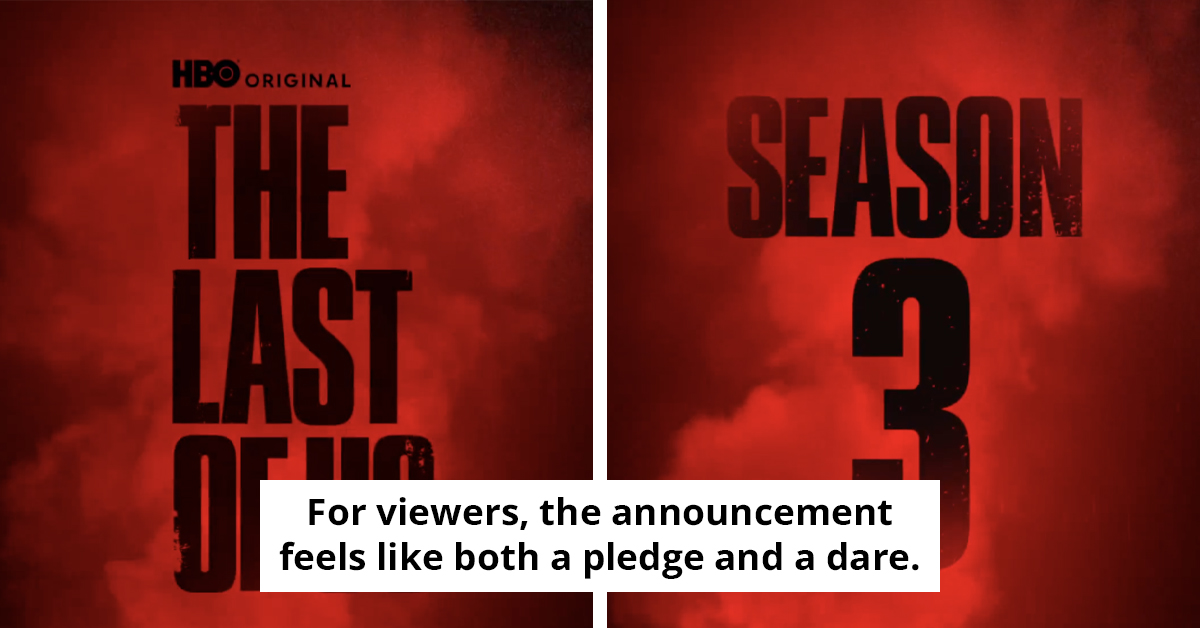More Than 82,000 Harley-Davidson Motorcycles Recalled
Leadership changes are nothing unusual in the corporate world, especially when a company’s been around for over a century. But when it comes to a brand as iconic as Harley-Davidson, the search for a new CEO- and what happens while the position remains unfilled - can have ripple effects across the entire business.
Back in April, Harley-Davidson confirmed that it was actively searching for its next CEO. The process was part of what the company described as "the Board's succession planning responsibilities." That announcement came after current CEO Jochen Zeitz made it known that he intends to step down in 2025. He’s been at the helm since 2020, leading the company through some challenging times and pandemic-related disruptions.
A month later, the company provided an update on the situation. But there still wasn’t a new leader to introduce.
“The Harley-Davidson Board of Directors confirmed that the rigorous search process for Harley-Davidson’s next CEO continues at pace, led by the search committee,” the company said in a follow-up statement. So, for now, Zeitz is staying on as the head of the company.
While the leadership search drags on, Harley-Davidson had another issue to deal with, this one affecting thousands of motorcycle owners directly.
Earlier this month, the National Highway Traffic Safety Administration (NHTSA) announced that Harley-Davidson is recalling more than 82,000 motorcycles due to a defect that could cause serious safety issues. The recall affects several Softail models made between 2018 and 2024.
Harley-Davidson is recalling Softail models over a shock adjuster issue that could damage the rear tire and cause a safety risk.
According to the NHTSA, the problem lies with a part of the rear suspension system.
“The mounting tab on the rear shock pre-load adjuster may break, allowing the rear shock absorber adjuster to damage the rear tire, causing a loss of tire pressure,” the agency said.
In simple terms, a broken piece can lead to the shock adjuster rubbing against the rear tire, and if that goes unnoticed, it could result in a sudden drop in tire pressure, which is a clear safety hazard.
Here are the affected models: FLDE (2018–2019), FLHCS (2018–2024), FLHC (2018–2021), FXLRS (2020–2024), FXLRST (2022–2024), FLHCS ANV (2018, 2023), FXRST (2022).
The recall warning explains that if the issue isn’t addressed, the adjuster could cut a groove into the rear tire. That damage could build up over time and eventually lead to a loss of control. In other words, if you’re riding one of the affected bikes, it’s something to take seriously.
Riders might notice a strange noise from under the seat, or if they remove the seat, they could spot a loose rear shock adjuster. Another red flag is if the bike suddenly becomes harder to maneuver—that could be a sign that the adjuster is already pressing against the tire.
To fix the issue, Harley-Davidson is advising owners to bring their motorcycles in for service. The company says it will install a new bracket that limits how much the pre-load adjuster can move, which should prevent it from ever coming into contact with the tire again.

Founded in 1903, Harley-Davidson became a global icon known for its V-twin engines, wartime use, and rebel image.
Harley-Davidson was founded in Milwaukee, Wisconsin, in 1903 by William S. Harley and the Davidson brothers, Arthur, Walter, and William. What started as a small shed operation quickly grew into one of the most recognized motorcycle brands in the world.
The company played a major role in both World Wars, providing bikes for military use, and became a symbol of freedom and rebellion in post-war America.
Through ups and downs, including near-bankruptcy in the 1980s, Harley-Davidson has remained an enduring icon in motorcycle culture, known for its V-twin engines, distinct sound, and loyal rider community.

Harley-Davidson is facing a tough moment, balancing a leadership change while dealing with a recall that impacts tens of thousands of customers. After decades of highs and lows, the company’s future depends on how quickly and well it tackles both issues.
For now, riders want their bikes safe and ready to hit the road, and shareholders are eager to see who will steer Harley into its next chapter.




